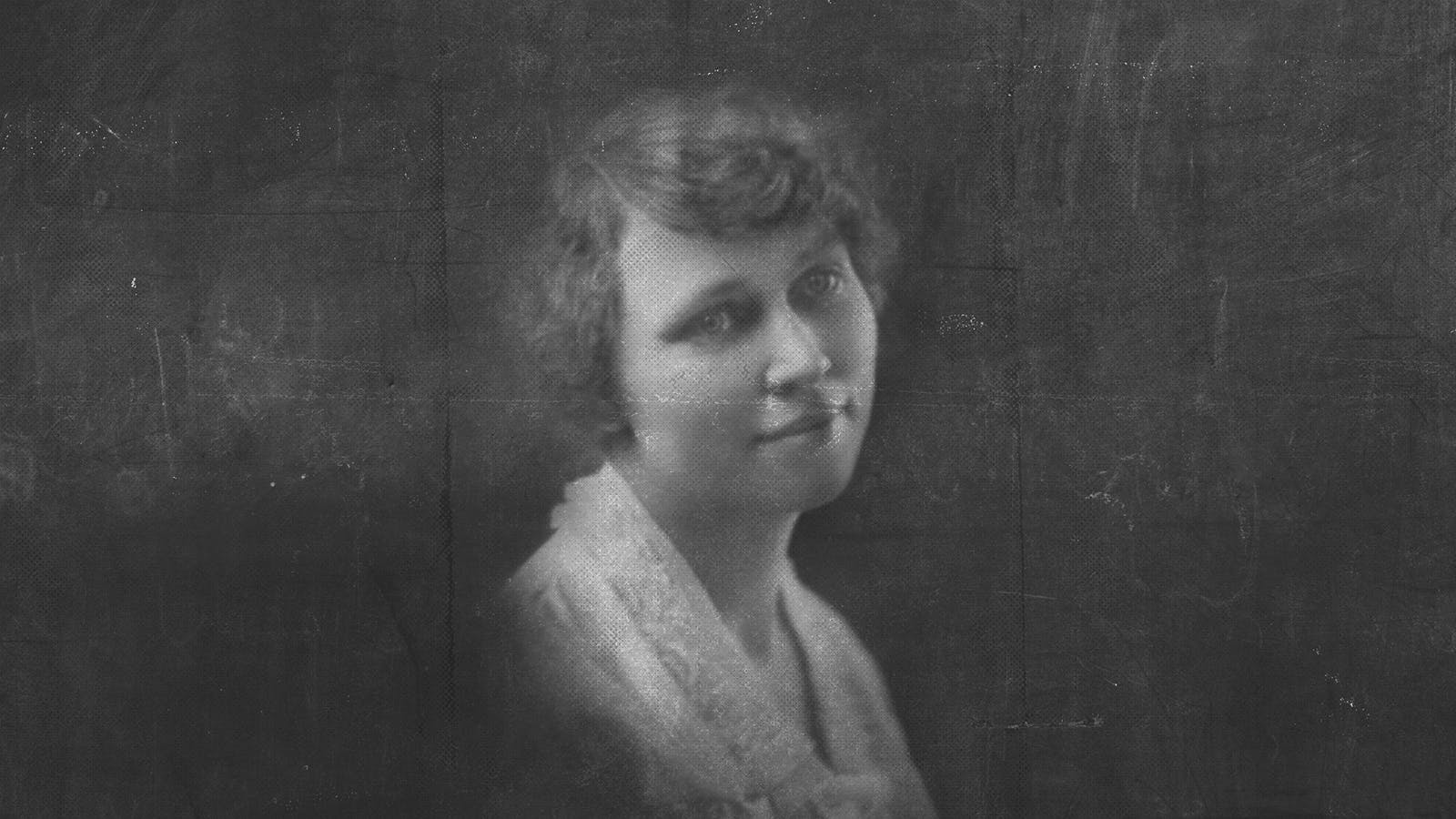Over time, a family with four sons develops a unique tone, a guy culture with a certain decibel level and a distinct way of doing life. As a mother of some now-married sons, it has been a joy to welcome other women into this circle — women who love my sons well and also have opened their hearts to me.
Of course, the messy flip side of this blessing is the requirement that I acknowledge and appreciate another woman’s way of doing things —important things like parenting my grandchildren, feeding a family, and managing a home.
Just as I have prayed for 25 years for grace to be a good mother, I am now trusting for grace to be a good mother-in-law. Wisdom for this challenge flows in abundance from one of Paul’s lists in the book of Romans. Some translators have labeled Romans 12:9–21 as “Marks of the True Christian.” I can’t think of any better advice for women striving to be good Christian mothers-in-law.
1. Expect that this new family will be different than your own.
Live in harmony with one another. Do not be haughty, but associate with the lowly. Never be wise in your own sight. (Romans 12:16)
When our sons have gotten engaged, my husband has made a point of sitting down with the future daughter-in-law to let her know, in no uncertain terms, that we realize our son is not perfect. With a strong desire to “live in harmony” with every branch of our family tree, we have expressed our love for the brave soul who is marrying into our family and have communicated our intent to support and encourage them as a couple in any way we can. Learning to offer help with no strings attached has been a crash course in humility, and the lesson has been reinforced in recent years as our grown children actually have offered to us their gifts of wisdom or practical help.
In None Like Him, Jen Wilkin warns readers against the tendency to usurp the incommunicable attributes of God — those qualities of deity that are his alone. Nowhere is this more of a temptation for me than in parenting. God will stop at nothing to pour his holiness, justice, and patience into the love I have for my kids, but what I really covet is his sovereignty. When I become “wise in my own sight,” in awe of my own cobbled-together wisdom, I am rescued from this misplaced awe by the truth that God’s wisdom flows from his unlimited authority.
By entrusting my family to God’s sovereign plan for each member, I am enabled to release the death grip on my desire to control and manage things from my limited perspective.
2. Be slow to give unsolicited advice.
Love one another with brotherly affection. Outdo one another in showing honor. . . . Rejoice in hope, be patient in tribulation, be constant in prayer. (Romans 12:10, 12)
I am honored (and flabbergasted) when one of my daughters-in-law calls, requesting input on anything: preparing a meal, nursing a sick child, or removing a stain from a garment. It’s a great gift, and one I hold loosely, because my sons married smart and capable women who already surpass me in many ways. Therefore, when I observe some small trait or practice that does not meet with my approval, and when I am tempted to offer my sage counsel on the matter, I try to recall all the times I have been consulted and the times when my feelings and opinions have been taken into consideration with grace.
It is not for nothing that the phrase “patient in tribulation” precedes being “constant in prayer.” If you are convinced that your child’s spouse is lacking in some serious way, and you are not already praying for them every day, start now!
3. Remember, your son or daughter now belongs to his or her spouse.
If possible, so far as it depends on you, live peaceably with all. (Romans 12:18)
The old adage “Good fences make good neighbors” applies in families as well. An invitation is not a summons, and missing a family gathering is not a shun-able offense. Rejecting unrealistic expectations, refusing to manipulate with guilt, and saying no to the insidious tendency to keep score (as if our fellow in-law counterparts are the competition) are all ways of declaring war in this battle for peace. And because each temptation is subtle and inward, they are the part that “depends on me” with the Spirit’s enablement.
To be sure, I have been married longer than my kids and their spouses have been alive, I have parented a number of children, and I could devise all manner of additional rationalizations for playing the mum card, offering gratuitous advice, or harboring resentment. But if I want to live peaceably with my sons and their families, I must respect the God-given boundaries that have been established since the words leave and cleave drifted from the mouth of God into Eden’s clear air.
4. With a sincere heart, thank God for this new son or daughter.
Let love be genuine. Abhor what is evil; hold fast to what is good. (Romans 12:9)
In the same spirit as Paul’s command to “let love be genuine,” Amy Carmichael prayed,
Love through me, Love of God;
Make me like Thy clear air
Through which, unhindered, colors pass
As though it were not there. (“Love Through Me”)
Kicking myself out of the center of the universe, I am astonished to see God answering this prayer as my sons marry and start new lives. Given half a chance, the love of God will enable me to reject negativity or prideful insistence on having my own way, and to feel genuine gratitude for this new son or daughter.
The handed-down love of God is trustworthy and openhanded. Holding my heart to the high standards of genuine love cuts across all my natural tendencies to control and to protect, and it negates my cherished job description as God’s Official Northeast Representative. However, rising to that challenge with a strength that is not my own puts the power of God on display for the next generation and frees my children to establish the habit of looking first to God, and then to each other, for all that they need.
That sort of genuine love will enable the Spirit-filled mother-in-law to “hold fast to” the good of her son or daughter’s expanded world, the good of them doing things in their own way, and the good that she might even learn a thing or two from them in the process.





